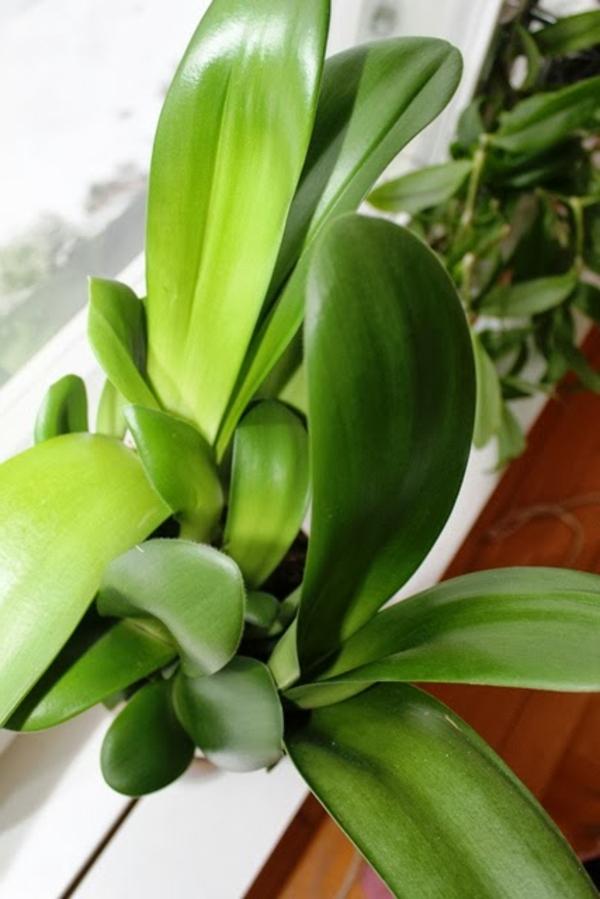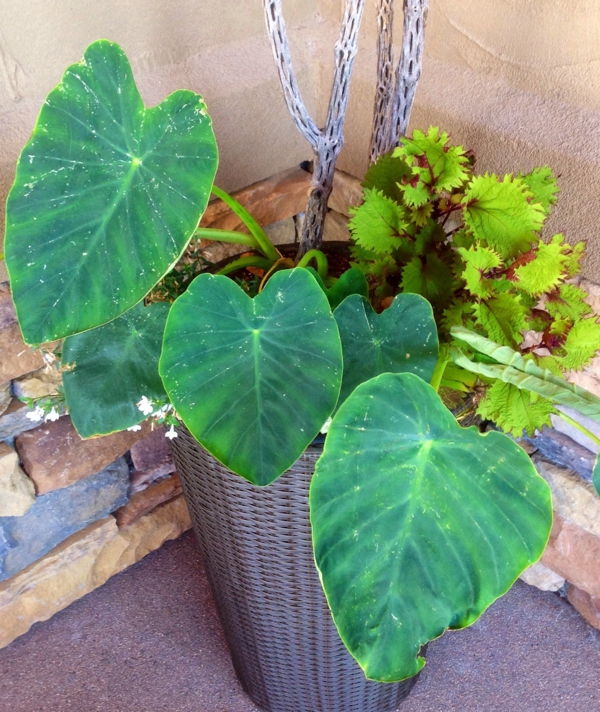Elephant ear plant and the care that it needs
Elephant Ear Plant: How to Care About It!
For those who are elephant ear plant Not knowing, it would be good to explain first why it is good to have one. You can achieve bold tropical effect in any ambience. The name comes from the lush growing leaves, which are reminiscent of elephant ears.
Do you want to have the elephant ear plant at home? If so, then below are some tips for getting started that would help you to keep them properly.
Plant ear with dark leaves
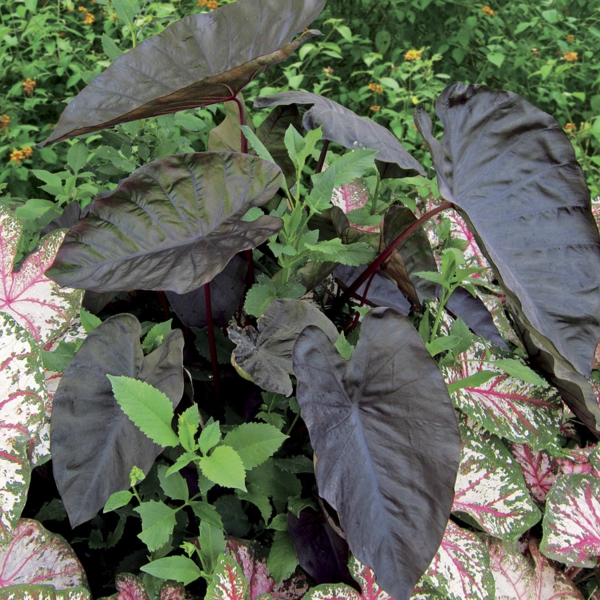
Leaves of plant ear with interesting coloring
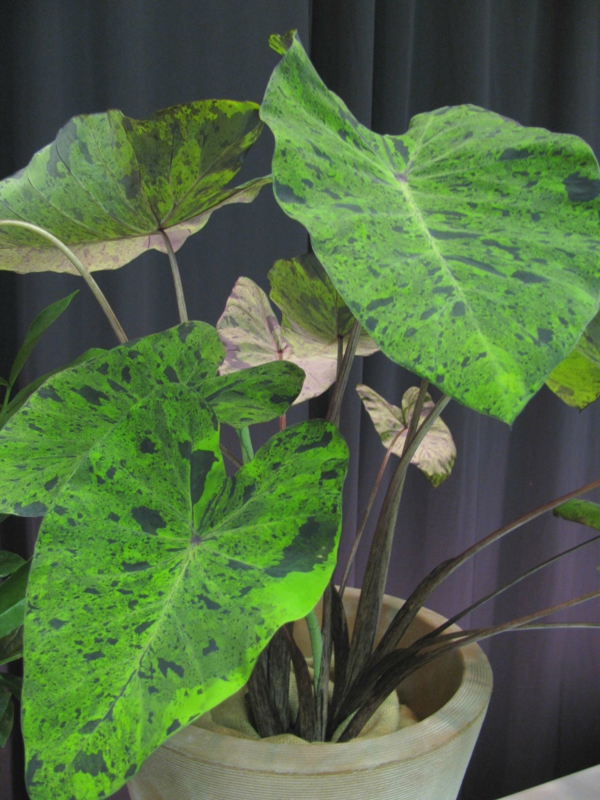
Color and joy in the garden
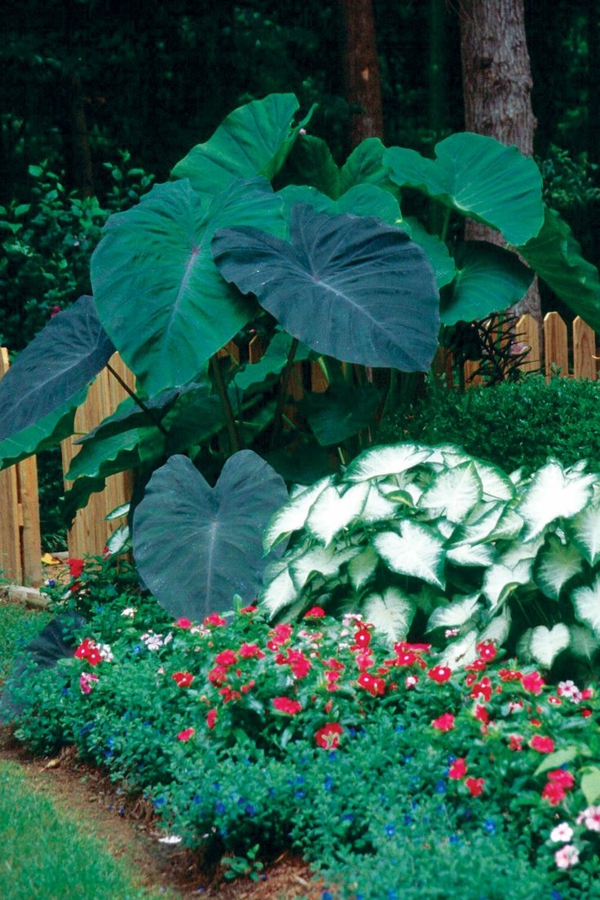
This is how to properly use the elephant ear in your own garden design
Numerous are the ways how to use the elephant ear plant properly at home. There are at least three different subspecies. Or rather, the elephant ear is a colloquial collective term of the following types: Haemanthus albiflos, Giant leaved arrow leaf (Alocasia macrorrhizos), Kalanchoe beharensis. So you could buy the elephant ear in different sizes and shapes. Get to know the individual plant species well before you decide. Depending on the species, they could serve as background, ground cover, accent or pivot. You could also flank it wonderful ways and farms.
Alocasia macrorrhizos
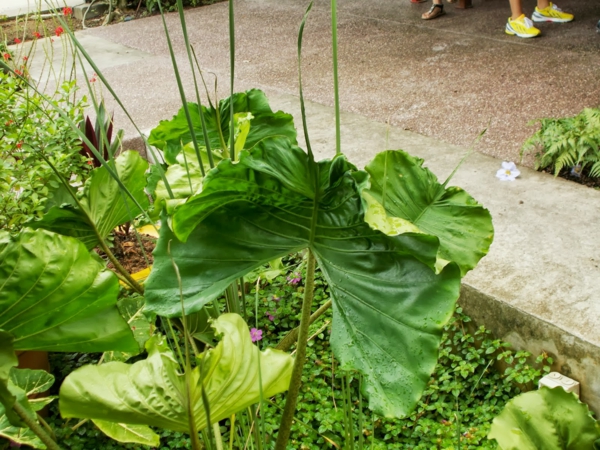
Plant ear leaf with a drop in the middle
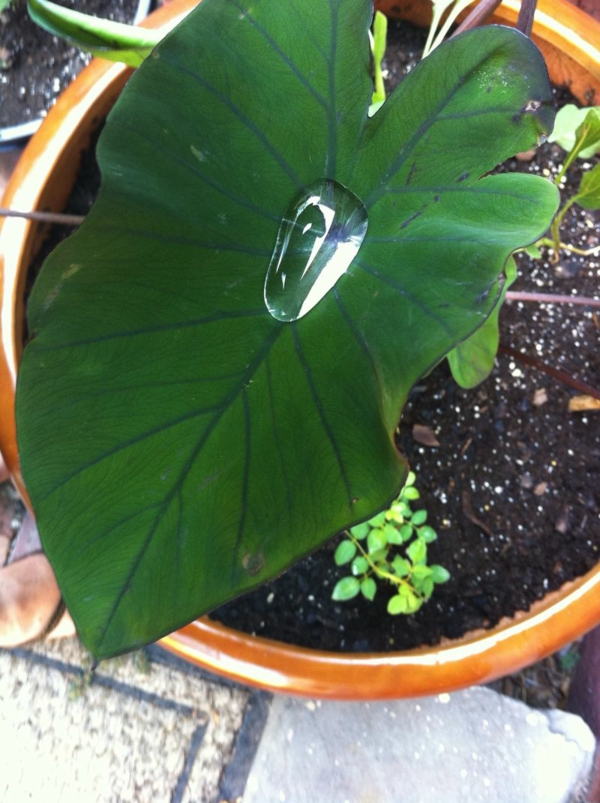
Kalanchoe beharensis
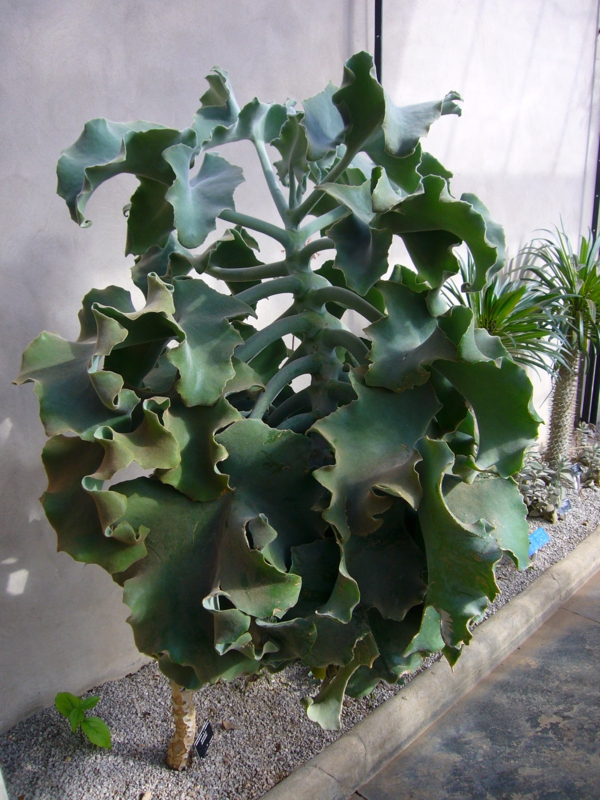
Plant ear type with beautiful white blossom
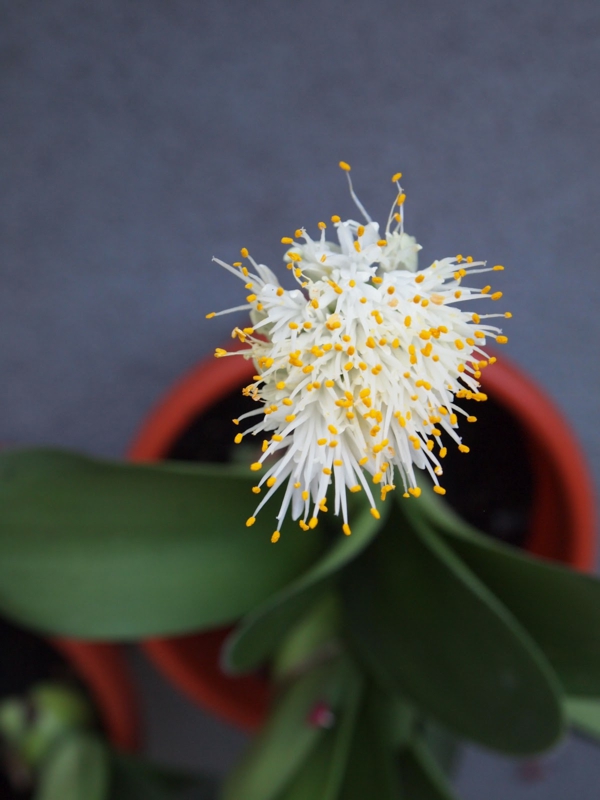
Some individuals really have huge leaves
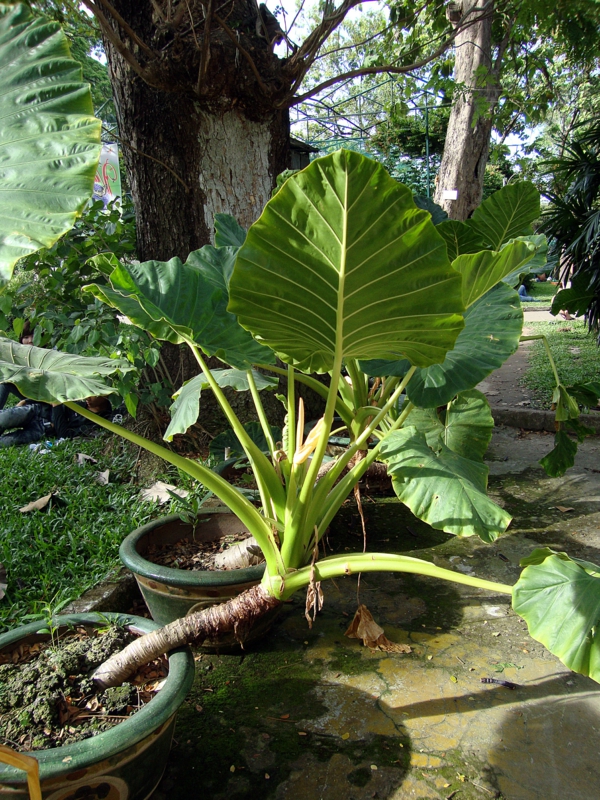
Plant the flower bulbs of the elephant ear
Here comes the good news: The planting of the elephant ear is really very easy. Most plants love abundant, moist soil and could grow in full sun. Basically, they prefers partial shade. The tubers can be put out immediately as soon as the first spring temperatures are there. They should be at a depth between 5 and 7 inches.
Elephant ear in the flowerpot
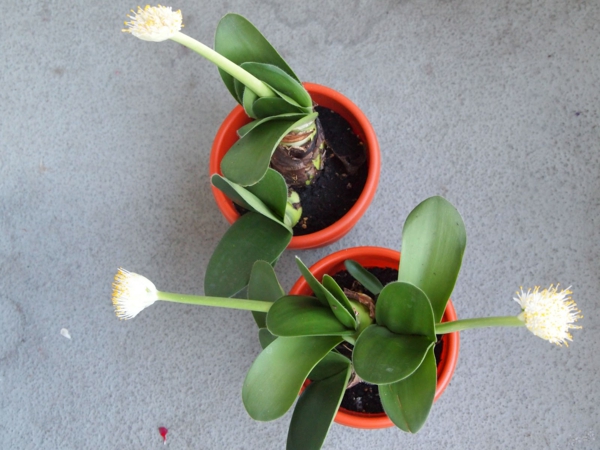
Elephant ear in the garden will cause a great sensation
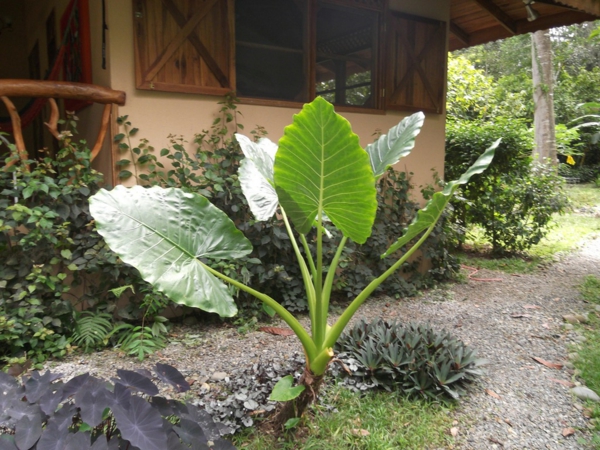
The care of elephant ear plant
Once it has grown a bit, the elephant ear plant no longer requires much attention. Just be aware that in periods of drought this must be watered regularly. This is especially true in the case when the plant is planted in flowerpot. Although it is not absolutely mandatory, you should consider using a fertilizer that slowly dissolves in the soil.
Combine elephant ear with other plants
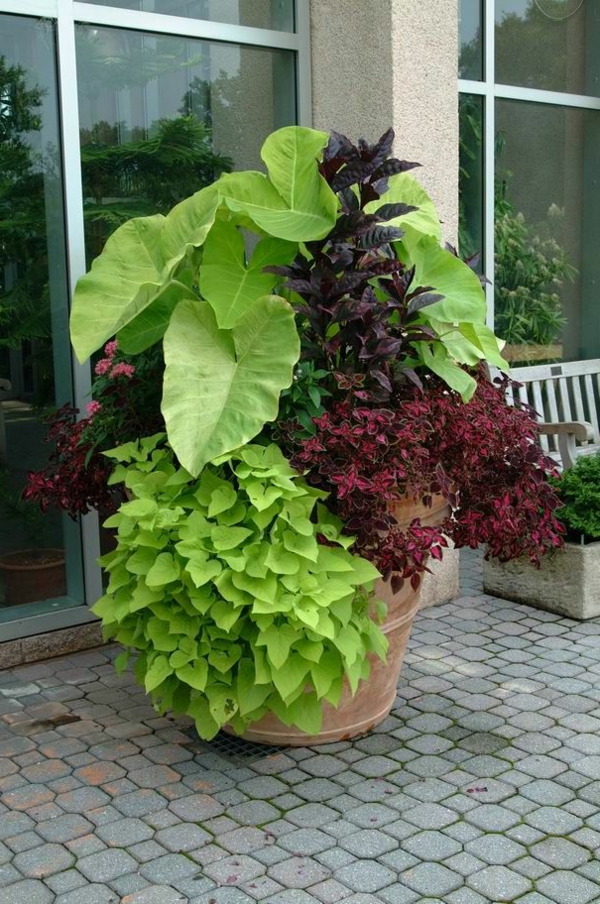
In winter, the elephant ear can not actually survive outside. The low temperatures destroy the leaves and also the flower bulbs. The plants would have to be put into containers and brought into the house. Cut off the leaves. Only a few centimeters should be left over there. This should happen with the first signs of frost. Dig out the flower bulbs and place them in plant containers. Allow the latter to dry for a few days. This is best done in a dry, dark place. Then place them in brown peat or shavings. Then you should put the whole thing in a cellar. It must be dark and dry anyway. So let the onions of the elephant ear plant overwinter.
Put elephant ear to the window
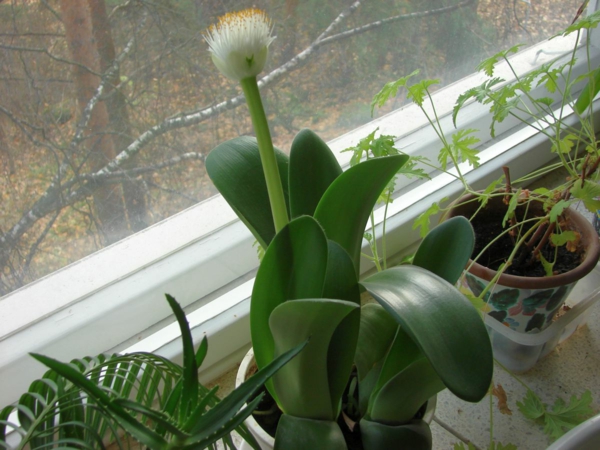
Elephant ear of the species Kalanchoe beharensis
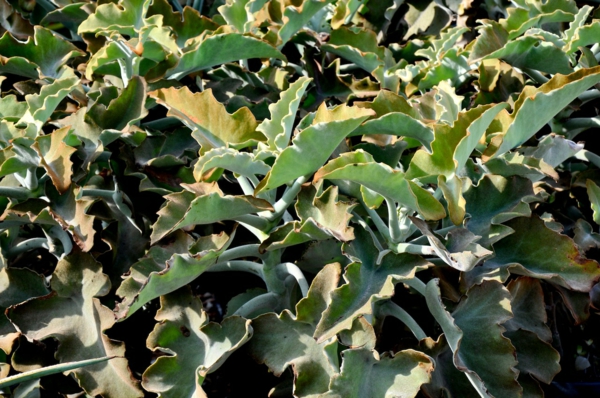
Kalanchoe beharensis flowers
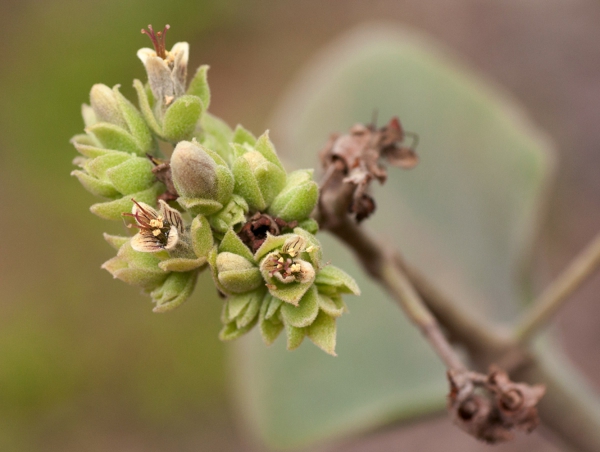
Elephant ear among stones
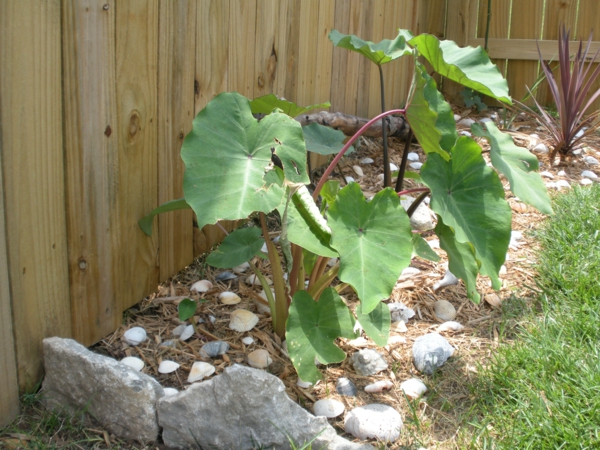
The elephant ear can be a wonderful decoration for the garden
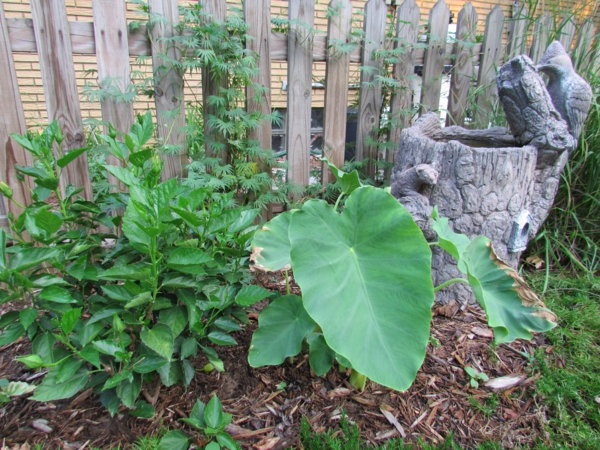
Different elephant ear combine styles in the garden
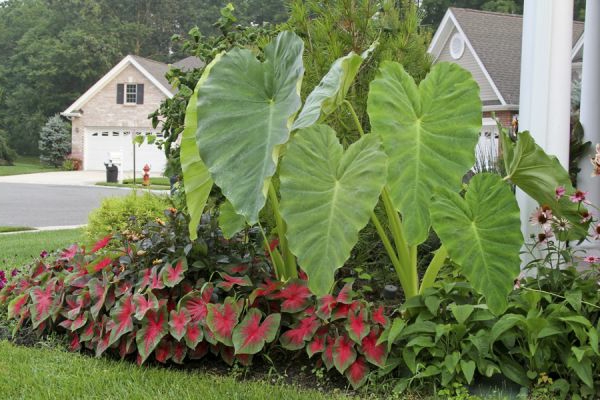
Elephant ear next to the garden fence
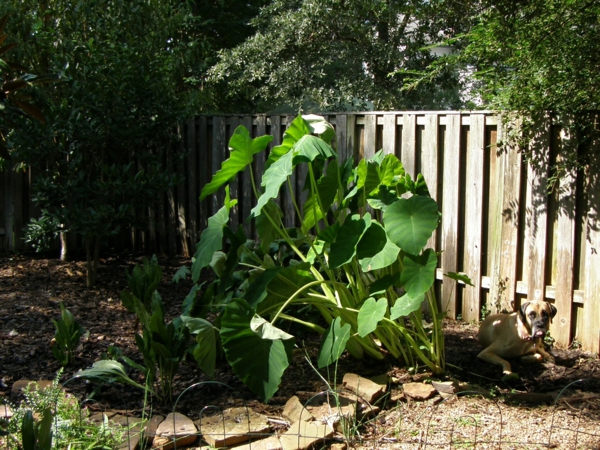
Elephant ear from the species Haemanthus albiflos
